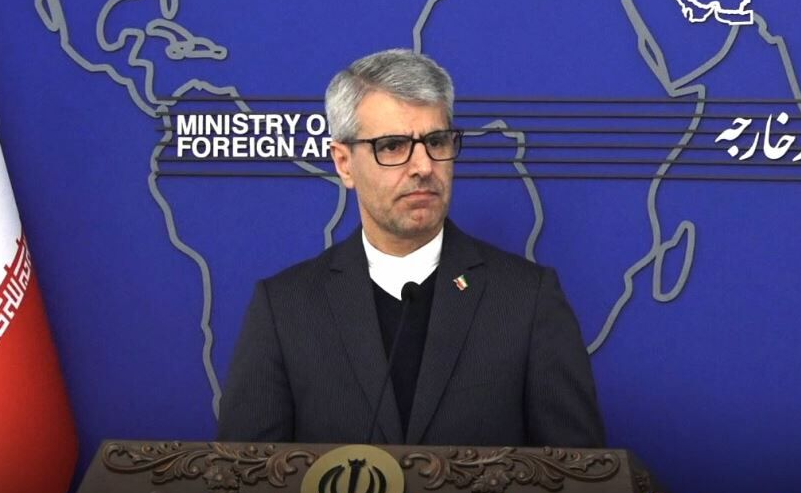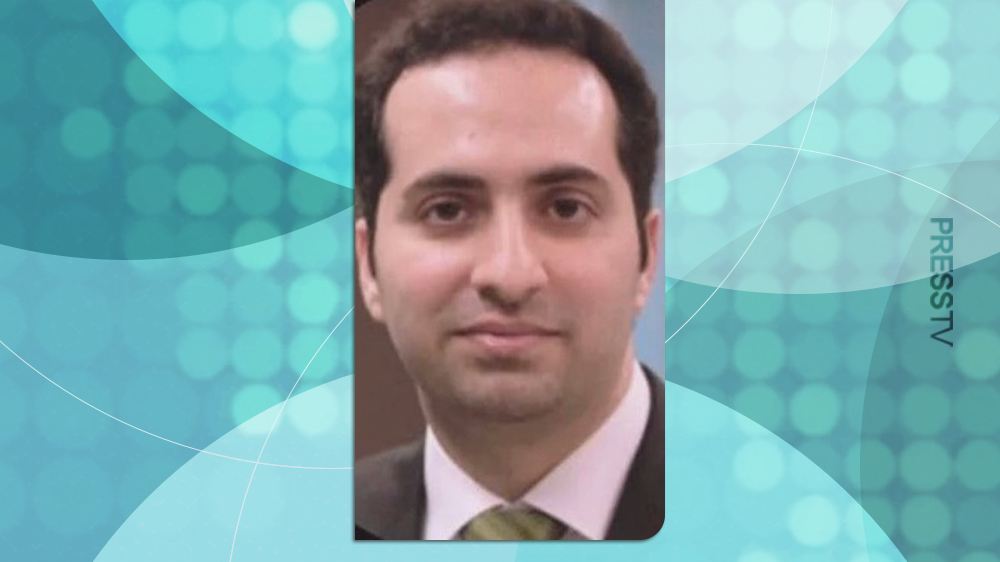JCPOA beneficial to Europe, Mideast: Rouhani
Iran’s President Hassan Rouhani says a nuclear agreement reached between Iran and the P5+1 group of world countries will be beneficial to countries in the Middle East and Europe.
“After the nuclear agreement, the Islamic Republic of Iran is set to increase its efforts more than before for stability and security in the region and the world and we believe that stability and sustainable security will be in the interest of Europe, the region and the [entire] world,” Rouhani said in a meeting with visiting Austrian President Heinz Fischer in Tehran on Tuesday.
On July 14, Iran and the P5+1 countries – the United States, Britain, France, China, Russia and Germany – finalized the text of a nuclear agreement, dubbed the Joint Comprehensive Plan of Action (JCPOA), in the Austrian capital of Vienna.
Under the JCPOA, limits will be put on Iran’s nuclear activities in exchange for, among other things, the removal of all economic and financial bans against the Islamic Republic.
The Iranian president expressed hope that the Vienna nuclear agreement would reinforce international peace, stability, security and cooperation.
Rouhani added that the agreement carries the message of "peace, friendship, dialog, cooperation and future development of the region and the world."
Iran-Austria ties after JCPOA
The Iranian president also said the nuclear agreement provides Iran and Austria with an opportunity to enhance their cooperation.
“Today, after the nuclear agreement, an appropriate opportunity is created to improve our cooperation proportionate to the nations’ demands and existing potentialities,” Rouhani said.
He added that no obstacle can hinder the expansion of Tehran-Vienna ties and noted that bilateral cooperation would help strengthen mutual trust.
Fischer, for his part, said Austria is an independent and impartial country and is fully ready to boost its ties with Iran in different sectors.
The Austrian president expressed hope that his visit to Tehran would lead to lasting mutual relations.
Iran-Austria documents for cooperation
Meanwhile, senior Iranian and Austrian officials on Tuesday signed four documents for strengthening bilateral cooperation in the presence of the two countries’ presidents.
Iran’s Foreign Minister Mohammad Javad Zarif and Austrian Minister of Agriculture, Forestry, Environment and Water Management Andrae Rupprechter signed an agreement to boost environmental cooperation.

The Iranian minister of industry, mine and trade, Mohammad Reza Nematzadeh, and Austrian minister of science, research and economy, Reinhold Mitterlehner, also inked an agreement on holding the 8th meeting of Iran-Austria Business Council.
The Austrian president arrived in Tehran on Monday at the head of a 240-member delegation at the invitation of his Iranian counterpart with the purpose of discussing ways to improve Tehran-Vienna relations.
Fischer’s trip to Tehran comes 11 years after then President Thomas Klestil traveled to Tehran.
Occupation of Syria’s highest peak Mount Hermon part of ‘Greater Israel’ project
Iran: Syrian people will decide their future without foreign interference
IRGC says Iran’s power exceeds borders, warns enemies to adjust themselves
Dozens detained, several wounded in Israeli raids in West Bank
‘Ethnic cleansing’: Hamas blasts Israeli attacks on Gaza hospital amid intl. silence
Saudi delegation meets HTS leader at presidential palace in Damascus
Relentless Israeli ceasefire violations justify need for self-defense: Lebanese MP
Tel Aviv tells Damascus Israeli forces will remain in occupied territory: Report










 This makes it easy to access the Press TV website
This makes it easy to access the Press TV website